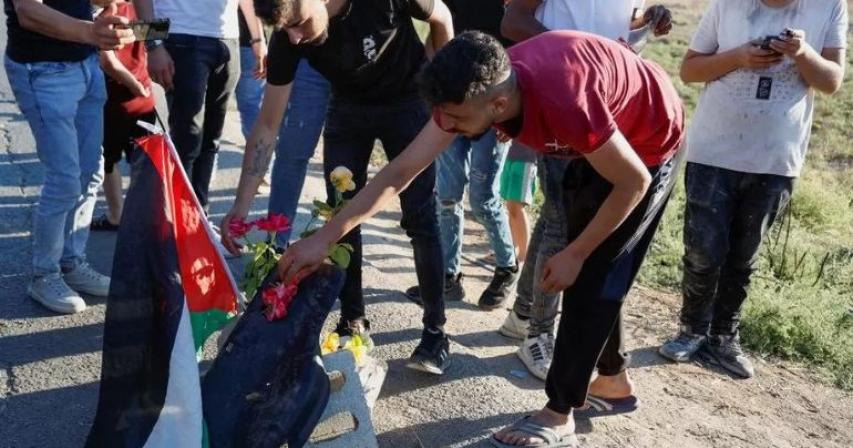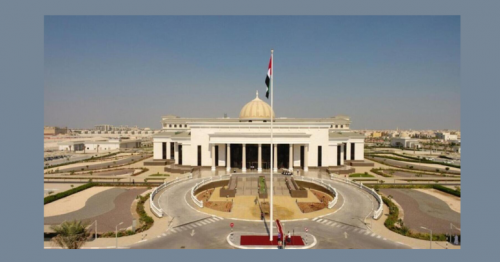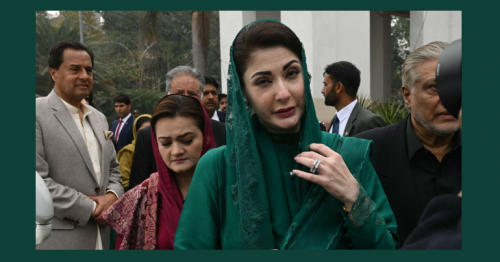"Escalating Tensions: Recent Events in Jenin Highlight Ongoing Israeli-Palestinian Conflict"

Israeli security forces have announced the elimination of three Palestinian militants near Jenin camp in the occupied West Bank. According to the Israeli army, the group was actively preparing for an impending attack, and upon inspection, an automatic rifle was discovered in their vehicle.
The incident unfolded on Sunday, following the prior day's shocking event where a Palestinian gunman fatally shot an Israeli security guard in Tel Aviv. In response, another guard managed to neutralize the attacker. Notably, the assailant was reported to have hailed from the Jenin area, thus linking the two events.
Earlier that week, a distressing incident occurred when armed Jewish settlers launched an assault on a Palestinian village situated in the West Bank. Tragically, a young Palestinian man lost his life in the confrontation. Subsequently, Israeli authorities took two settlers into custody, with one of them being identified as a former spokesperson for the ultranationalist Jewish Power party, a faction that holds a significant position within the government led by Prime Minister Benjamin Netanyahu.
The recent developments prompted an unusual statement from the Israel Defense Forces (IDF) spokesperson, who expressed concern about a surge in "nationalistic crime and terrorism." This escalation has allegedly coerced some Palestinians who were not previously involved in extremist activities to become inclined towards such actions, as reported by the Israeli news site Yediot Ahronot.
Islamic Jihad, an influential Palestinian organization, has responded to the situation by asserting that one of the slain militants was affiliated with their group. They have further pledged a resolute retaliation, highlighting the persistent cycle of violence that has plagued the region.
The Israeli Prime Minister, Benjamin Netanyahu, lauded the actions of the security forces in Jenin, affirming the government's commitment to proactive measures against those who pose a threat to the nation's security. This resolute stance, however, has been met with contrasting perspectives. Palestinian Prime Minister Mohammad Shtayyeh lamented the tragic events in Jenin, emphasizing that these acts of violence would not have occurred had the perpetrators felt that justice would be served.
Tensions continue to rise as the Hamas movement, which exercises control over the Gaza Strip, condemned the deaths of the Palestinian militants, characterizing them as "assassinations." They warned that Israel would inevitably bear the consequences of these actions.
These incidents have reignited a debate surrounding the Israeli-Palestinian conflict, with differing perspectives on the causes and consequences of violence. The Jenin camp, in particular, has been a focal point of recent Israeli military operations, underscoring its significance within the ongoing struggle.
Meanwhile, international reactions have started to shape the narrative. The United States, typically a staunch ally of Israel, condemned the recent attack by Jewish settlers as an act of terrorism. This stronger language suggests a growing frustration with the policies and actions of Israel's far-right government.As the situation unfolds, it becomes evident that the complexities of the Israeli-Palestinian conflict persist, with each event further entwining the lives of those directly involved and the broader regional dynamics. The cyclical nature of violence, accompanied by various narratives and interpretations, underscores the arduous path towards peace and stability in the region.
By: Doyal Arora





Comments